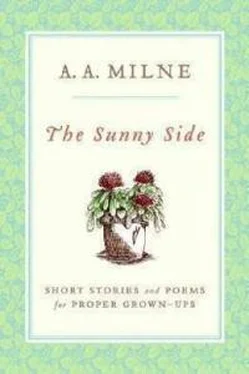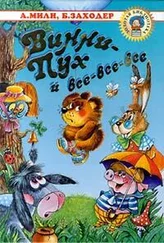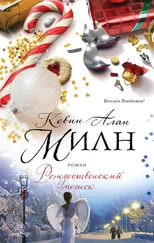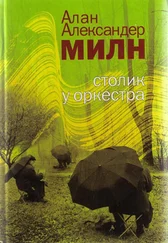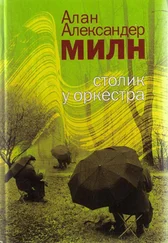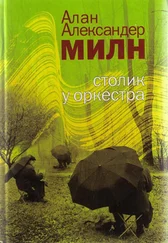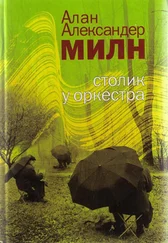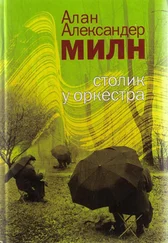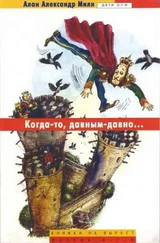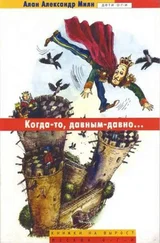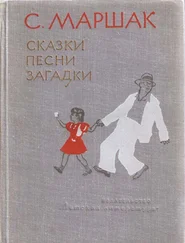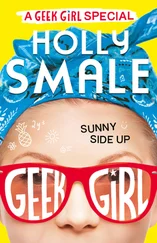As the chatter dies down a chord is struck on the piano .
The Bishop of Sploshington . Charming. Quite one of my favourites. Do play it again. (Relapses into silence for the rest of the evening.)
The Duchess of Southbridge (to Lord Reggie). Oh, Reggie, what did you say?
Lord Reggie (putting up his eyeglass) . Said I'd bally well—top–hole—what?—don'cherknow.
Lady Evangeline (to Lady Violet, as they walk across the stage) . Oh, I must tell you what that funny Mr. Danby said. ( Doesn't. Lady Violet, none the less, trills with happy laughter.)
Prince von Ichdien, the well–known Ambassador (loudly, to an unnamed gentleman) . What your country ought to do— (He finishes his remarks in the lip–language, which the unnamed gentleman seems to understand. At any rate he nods several times.)
There is more girlish laughter, more buzz and more deaf–and–dumb language. Then
Lord Tuppeny . Well, what about auction?
Amid murmurs of "You'll play, Field–Marshal?" and "Auction, Archbishop?" the crowd drifts off, leaving the hero and heroine alone in the middle of the stage .
And then you can begin.
But now I must give you a warning. You will never be a dramatist until you have learnt the technique of
MEALS
In spite of all you can do in the way of avoiding soililoquies and getting your characters on and off the stage in a dramatic manner, a time will come when you realize sadly that your play is not a bit like life after all. Then is the time to introduce a meal on the stage. A stage meal is popular, because it proves to the audience that the actors, even when called Charles Hawtrey or Owen Nares, are real people just like you and me. "Look at Mr. Bourchier eating," we say excitedly to each other in the pit, having had a vague idea up till then that an actor lived like a god on praise and greasepaint and his photograph in the papers. "Another cup, won't you?" says Miss Gladys Cooper; "No, thank you," says Mr. Dennis Eadie—dash it, it's exactly what we do at home ourselves. And when, to clinch matters, the dramatist makes Mr. Gerald du Maurier light a real cigarette in the Third Act, then he can flatter himself that he has indeed achieved the ambition of every stage writer, and "brought the actual scent of the hay across the footlights."
But there is a technique to be acquired in this matter as in everything else within the theatre. The great art of the stage–craftsman, as I have already shown, is to seem natural rather than to be natural. Let your actors have tea by all means, but see that it is a properly histrionic tea. This is how it should go:—
Hostess . How do you do? You'll have some tea, won't you? [Rings bell] .
Guest . Thank you.
Enter Butler.
Hostess . Tea, please, Matthews.
Butler (impassively) . Yes, m'lady. (This is all he says during the play, so he must try and get a little character into it, in order that "The Era" may remark, "Mr. Thompson was excellent as Matthews." However, his part is not over yet, for he returns immediately, followed by three footmen—just as it happened when you last called on the Duchess— and sets out the tea.)
Hostess (holding up the property lump of sugar in the tongs) . Sugar?
Guest (luckily) . No, thanks.
Hostess replaces lump and inclines empty teapot over tray for a moment; then hands him a cup painted brown inside—thus deceiving the gentleman with the telescope in the upper circle .
Guest (touching his lips with the cup and then returning it to its saucer) . Well, I must be going.
Re–enter Butler and three Footmen, who remove the tea–things .
Hostess (to Guest). Good–bye; so glad you could come. [ Exit Guest.]
His visit has been short, but it has been very thrilling while it lasted.
Tea is the most usual meal on the stage, for the reason that it is the least expensive, the property lump of sugar being dusted and used again on the next night. For a stage dinner a certain amount of genuine sponge–cake has to be made up to look like fish, chicken or cutlet. In novels the hero has often "pushed his meals away untasted," but no stage hero would do anything so unnatural as this. The etiquette is to have two bites before the butler and the three footmen whisk away the plate. Two bites are made, and the bread is crumbled, with an air of great eagerness; indeed, one feels that in real life the guest would clutch hold of the footman and say, "Half a mo', old chap, I haven't nearly finished"; but the actor is better schooled than this. Besides, the thing is coming back again as chicken directly.
But it is the cigarette which chiefly has brought the modern drama to its present state of perfection. Without the stage cigarette many an epigram would pass unnoticed, many an actor's hands would be much more noticeable; and the man who works the fireproof safety curtain would lose even the small amount of excitement which at present attaches to his job.
Now although it is possible, in the case of a few men at the top of the profession, to leave the conduct of the cigarette entirely to the actor, you will find it much more satisfactory to insert in the stage directions the particular movements (with match and so forth) that you wish carried out. Let us assume that Lord Arthur asks Lord John what a cynic is—the question of what a cynic is having arisen quite naturally in the course of the plot. Let us assume further that you wish Lord John to reply, "A cynic is a man who knows the price of everything and the value of nothing." It has been said before, but you may feel that it is quite time it was said again; besides, for all the audience knows, Lord John may simply be quoting. Now this answer, even if it comes quite fresh to the stalls, will lose much of its effect if it is said without the assistance of a cigarette. Try it for yourself.
Lord John . A cynic is a man who, etc….
Rotten. Now try again.
Lord John . A cynic is a man who, etc…. [Lights cigarette.]
No, even that is not good. Once more:―
Lord John (lighting cigarette) . A cynic is a man who, etc.
Better, but leaves too much to the actor.
Well, I see I must tell you.
Lord John (taking out gold cigarette case from his left–hand upper waistcoat pocket) . A cynic, my dear Arthur ( he opens case deliberately, puts cigarette in mouth, and extracts gold match–box from right–hand trouser ) is a man who ( strikes match ) knows the price of ( lights cigarette )—everything, and ( standing with match in one hand and cigarette in the other ) the value of―pff ( blows out match ) of ( inhales deeply from cigarette and blows out a cloud of smoke )—nothing.
It makes a different thing of it altogether. Of course on the actual night the match may refuse to strike, and Lord John may have to go on saying "a man who—a man who—a man who" until the ignition occurs, but even so it will still seem delightfully natural to the audience (as if he were making up the epigram as he went along); while as for blowing the match out, he can hardly fail to do that in one.
The cigarette, of course, will be smoked at other moments than epigrammatic ones, but on these other occasions you will not need to deal so fully with it in the stage directions. " Duke (lighting cigarette ). I trust, Perkins, that…" is enough. You do not want to say, " Duke (dropping ash on trousers ). It seems to me, my love…" or, " Duke (removing stray piece of tobacco from tongue ). What Ireland needs is…"; still less " Duke (throwing away end of cigarette ). Show him in." For this must remain one of the mysteries of the stage—What happens to the stage cigarette when it has been puffed four times? The stage tea, of which a second cup is always refused; the stage cutlet, which is removed with the connivance of the guest after two mouthfuls; the stage cigarette, which nobody ever seems to want to smoke to the end—thinking of these as they make their appearances in the houses of the titled, one would say that the hospitality of the peerage was not a thing to make any great rush for….
Читать дальше
